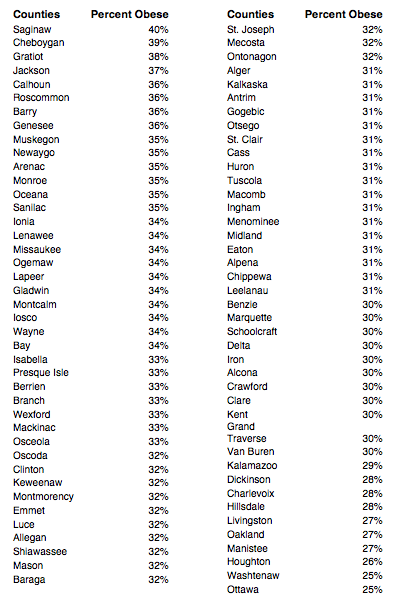By LACEE SHEPARD
Capital News Service
LANSING — A recent study of rats at Michigan State University could lead to identifying a genetic cause of binge eating.
An MSU psychologist gave two strains of rats – the Wistar and Sprague- Dawley rats – vanilla frosting for two weeks to see if they developed binge eating at different rates. Binge eating is an excessive consumption of food at one time. .
The result points to a genetic difference between the two strains that affects how likely they are to develop the eating disorder.
“We’ve never been able to find this specific gene in humans,” said Kelly Klump, an MSU psychology professor. “Now we’re looking at animals that are a lot less complex, genetically, as well as a lot less complex in terms of their environment.”
The Sprague-Dawley rats that are found to be prone to binge-eating will be studied further to see what genes may create that desire for binge eating, Klump said.
If the gene link to binge eating can be found in rats, it will be easier to locate it in humans, Klump said. Rats are studied because they have similar behaviors, especially in food intake, to people.
“Some of the genes present in rats are the same genes present in humans,” Klump said. “We know they provide a good model for looking at genetic risk factors. The overlap is not 100 percent because we’re more complex.”
Now that they’ve identified one rat breed as more likely to binge, Klump and her team will search for the genetic system that might contribute to it. She hopes the research helps solve eating disorder problems like obesity.
Binge eating is a common factor in many eating disorders, Klump said. Identifying genes linked to binge eating can lead to better treatment.
Not everyone is convinced that genetics are to blame for binge eating and obesity.
Providing healthy environments is the way to prevent obesity, said Krystal Quartermus, a childhood obesity prevention specialist for the Michigan Department of Community Health.
“It’ll be interesting to see how it plays out but I don’t really feel like there’s a huge genetic link to obesity,” Quartermus said. “But it’ll be interesting to see the results.”
In Michigan, 31 percent of adults are obese, according to America’s Health Ranking, an annual report by the United Health Foundation, American Public Health Association and Partnership for Prevention. After obesity rates leveled off from 2002 – 2005, there has been a steady climb in adults who are obese. Obesity is defined by a body mass index of more than 30.
Saginaw and Cheboygan counties have the highest percentage of obese adults. About 40 percent of Saginaw County residents are obese, 39 percent in Cheboygan County, according to an annual report from County Health Ranking, a collaboration between the Robert Wood Johnson Foundation and the University of Wisconsin Population Health Institute.
Quartermus said that Michigan obesity might be high due to the cold weather that prevents activity and also to a lack of access to healthy food.
A healthy lifestyle is key, Quartermus said.
“Regular physical activity, nutrient dense meals, those are things that certainly contribute to a healthy lifestyle,” she said. “Really planning activity into your day to plan ahead, plan healthy meals. We’re all rushing with family and job requirement we tend to make unhealthy choices in a rush.”
A genetic solution to binge eating would assist with the obesity problem, said Sarah Tuinstra, a counselor at Spectrum Health in Grand Rapids. But there are more factors to be considered.
“There could be a genetic base but also an emotional and psychological piece to it too,” Tuinstra said.
Researchers would need to focus on why the obese eat this way, she said. Many people manage negative feeling in their life with food, she said.

The percentage of obese adults in Michigan counties as calculated by County Health Rankings.